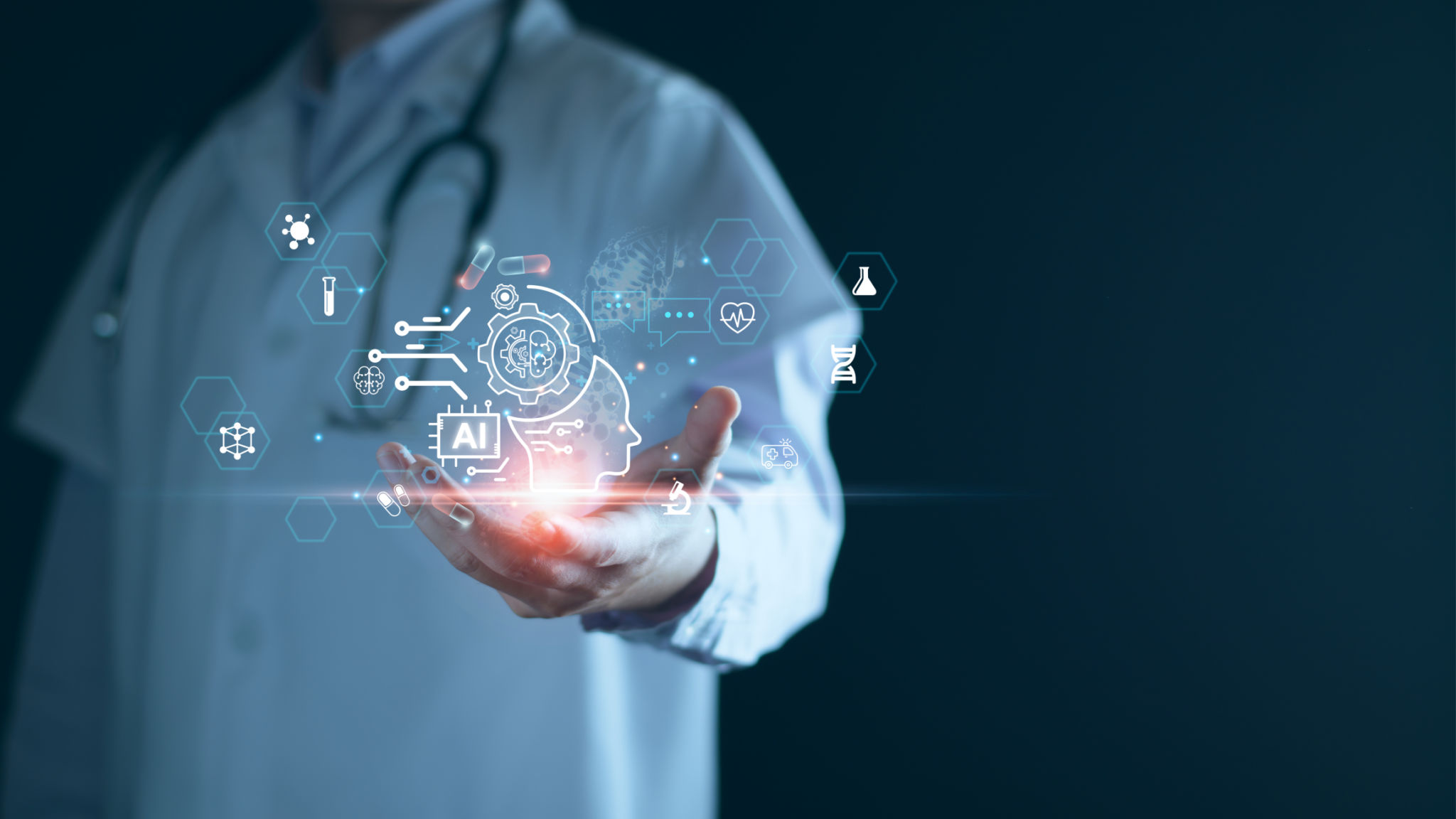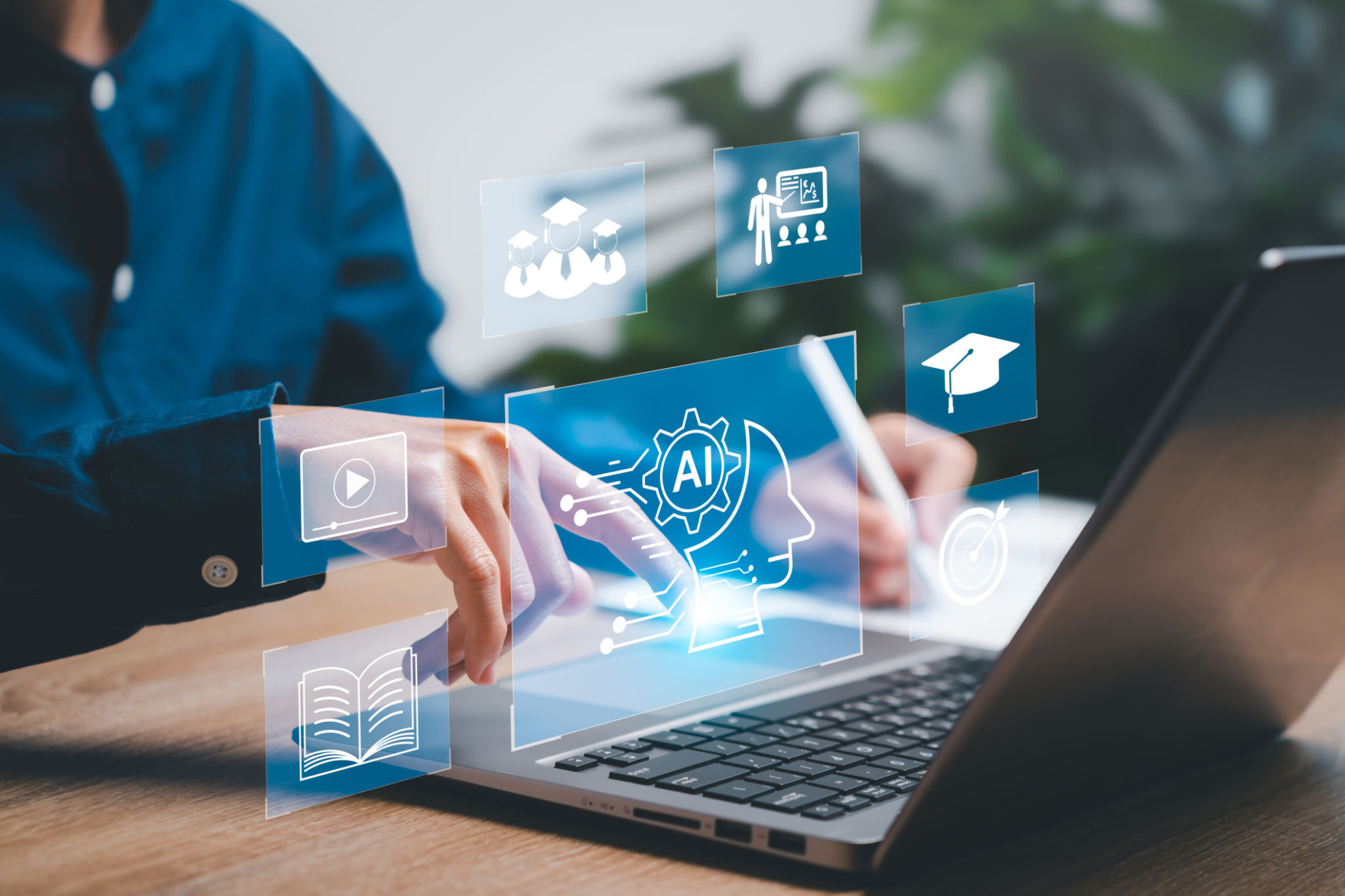Debunking Myths About AI in Healthcare: A Focus on Heart Monitoring
Introduction
Artificial Intelligence (AI) has revolutionized many aspects of our lives, and healthcare is no exception. However, there are still several myths surrounding AI's role in healthcare, particularly in heart monitoring. This blog post aims to debunk some of these myths and shed light on the true potential of AI in this critical area.
Myth 1: AI Will Replace Human Doctors
One of the most common myths is that AI will replace human doctors. In reality, AI is designed to assist healthcare professionals, not replace them. AI can analyze vast amounts of data quickly and accurately, providing doctors with valuable insights that can help in diagnosis and treatment. However, the final decision-making still rests with the healthcare professionals who interpret these insights.

Myth 2: AI in Heart Monitoring is Inaccurate
Another myth is that AI in heart monitoring is not accurate. On the contrary, AI algorithms can analyze heart data with high precision. These algorithms are trained on extensive datasets, allowing them to identify patterns and anomalies that might be missed by the human eye. This can lead to earlier detection of heart conditions and more effective treatment plans.
Real-World Applications
AI-powered heart monitoring devices are already being used in clinical settings. For example, wearable devices equipped with AI can continuously monitor a patient's heart rate and rhythm, alerting healthcare providers to any irregularities in real-time. This continuous monitoring can be crucial for patients with chronic heart conditions.

Myth 3: AI is Too Complex for Everyday Use
Some people believe that AI technology is too complex for everyday use by patients and healthcare providers. However, many AI-powered heart monitoring devices are designed with user-friendliness in mind. These devices often come with intuitive interfaces and provide clear, actionable insights, making it easier for both patients and doctors to use them effectively.
Accessibility and Training
Moreover, healthcare institutions are increasingly offering training programs to help medical staff understand and utilize AI technologies. This ensures that the benefits of AI are accessible to a broader audience, including those who may not be tech-savvy.

Myth 4: AI Compromises Patient Privacy
Concerns about patient privacy are valid, but the myth that AI compromises this privacy is largely unfounded. AI systems used in healthcare are subject to stringent regulations and standards to ensure patient data is protected. Advanced encryption methods and secure data storage solutions are implemented to safeguard sensitive information.
Regulatory Compliance
AI technologies in healthcare must comply with regulations like the Health Insurance Portability and Accountability Act (HIPAA) in the United States, which sets high standards for data protection. These regulations ensure that patient privacy is maintained while leveraging the benefits of AI.
Conclusion
AI in heart monitoring is a powerful tool that can enhance the capabilities of healthcare providers, improve accuracy in diagnosis, and ensure continuous monitoring of patients. By debunking these myths, we can better understand the true potential of AI in healthcare and embrace its benefits while addressing any legitimate concerns.
